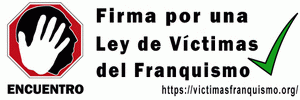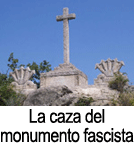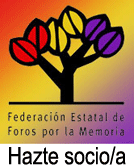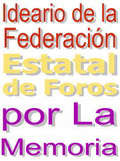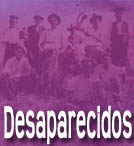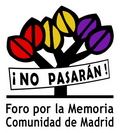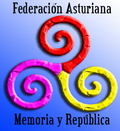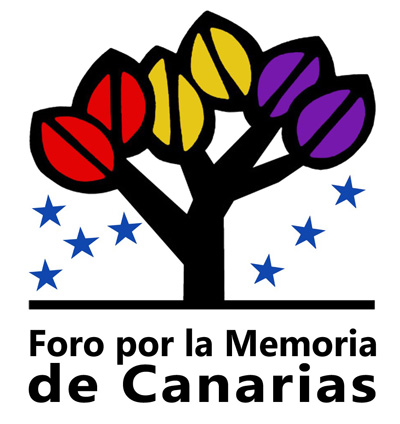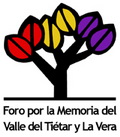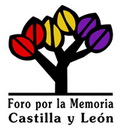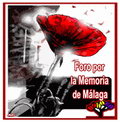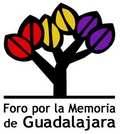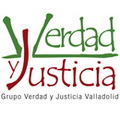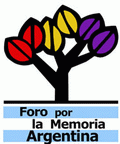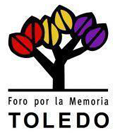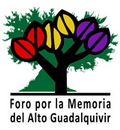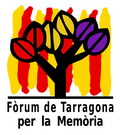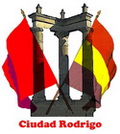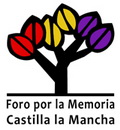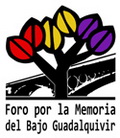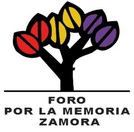Franco’s Legacy Rattles Spain
 Several Spaniards posted pictures of themselves holding fascist flags or giving Nazi salutes on social-media sites
Several Spaniards posted pictures of themselves holding fascist flags or giving Nazi salutes on social-media sites
By MATT MOFFETT and DAVID ROMÁN CONNECT
Updated Dec. 1, 2013
MADRID—A series of headline-grabbing incidents in recent months has prompted soul-searching among Spaniards over dictator Francisco Franco’s enduring legacy—and the disruptive potential for extremism to flare at a time of deep economic distress.
Over the summer, several Spaniards posted pictures of themselves holding fascist flags or giving Nazi salutes on social-media sites. In September, a self-described fascist group assaulted a cultural center in Madrid representing Catalonia, a region that was repressed by Franco and is now home to a growing political movement seeking independence from Spain.
A week later an Argentine judge sought the arrest of some Franco-era security officials for alleged crimes against humanity. That was a marked contrast to the passive approach of Spain’s own judiciary, which has left the Franco regime’s abuses unpunished in the interest of preserving the country’s peaceful transition to democracy.
Now some Spaniards worry that the failure to thoroughly confront Spain’s authoritarian past—what has been dubbed «the Pact of Forgetting»—has left the door open to an emergence of extremism in a new generation devastated by years of economic crisis and 50% youth unemployment.
«In these moments of crisis and disappointment with politics, this creates a Petri dish for extremist movements, as they provide simple answers to complex problems,» said Jordi Rodriguez, professor of politics at the University of Navarra.
Esteban Ibarra, president of a group called Movement Against Intolerance, said Spain was experiencing its worst wave of far-right extremism since the mid-1990s, during a previous economic and political crisis.
In a recently released review for 2012, the group tallied hundreds of far-right incidents. Most were minor offenses like graffiti or workplace discrimination, but they also included an arson attempt at a mosque and the killing of an immigrant from Guinea that had racist overtones.
In addition, «there has been a spectacular increase of extremist activity on the Internet, websites that are xenophobic, anti-Semitic, anti-Islamic or anti-Catalan,» Mr. Ibarra said.
Human-rights groups have long complained about the lack of official statistics in Spain on hate crimes.
An Interior Ministry spokesman said that while Spain doesn’t have an agency dedicated solely to tallying up and combating extremists, as some other countries do, police and security forces know who the potential troublemakers are and closely monitor their actions.
Franco ruled from 1939 to his death in 1975, after overthrowing a democratic republic and vanquishing its supporters in a civil war that claimed as many as half a million lives. During his long reign, tens of thousands of regime opponents were executed, historians say.
In 1977, Spain’s parliament passed an amnesty law that protected officials of the dictatorship and those involved in Civil War-era crimes, including supporters of anti-Franco forces, from prosecution.
Since then, many Spaniards who were sympathetic to Franco were absorbed into the conservative PP, and began to embrace more-centrist positions. That has had the effect of draining the potential membership pool for extreme-right parties, analysts say.
Spain’s largest neo-fascist group, the Alianza Nacional, has a core of 300 members—tiny compared with Greece’s Golden Dawn or the far-right National Front in France, both of which have had members elected to public office.
But the absorption of the Franco legacy into the political mainstream has created some contradictions that bedevil Spain and the PP to this day.
Monuments to Franco and his followers still dot the Spanish landscape, despite a 2007 law that prodded officials to start removing them. «This is the only country where you can be a democrat without being an anti-fascist,» said Rafael Escudero Alday, a law professor at Madrid’s Carlos III University.
That paradox was evident in the recent flurry of photos of young PP activists offering fascist homages. In one of the photos, a small town PP councilman posed at Franco’s burial place holding a fascist banner.In another, a local leader of a PP youth organization is shown making a Nazi salute.
In yet another image, the party’s secretary of sports in a midsize city appears with a group brandishing a flag bearing a racist insignia.
Beatriz Jurado, head of the youth arm of the PP, said the party was investigating the photographs and was prepared to take disciplinary action. She said it was unfortunate that people were drawing broad conclusions based on «the reprehensible attitude of three or four people in an organization with more than 100,000 members.»
While the photo debate was raging, the Alianza Nacional stormed the Catalan cultural center in Madrid on Sept. 11—Catalonia’s regional holiday—and disrupted a commemoration by chanting «Catalonia is Spain» and allegedly setting off a tear-gas canister.
The group has no affiliation with the PP, which condemned the assault. Several alleged culprits were arrested «within days,» the Interior Ministry spokesman said.
On Spain’s Oct. 12 national holiday, some 300 «ultras,» as the far-right militants are known, congregated again in Barcelona, the Catalan capital, shouting «separatists, terrorists» and «this is our land and we’ve got to defend it.»
The Allianza’s leader Pedro Pablo Pena called it a show of patriotism against Catalonia’s pro-independence government, which he accused of being «outside the law.»
There is concern that right-wing extremists might incite a backlash from the left. In October, an explosive device went off in the middle of the night at municipal building in the town of Beade, not long after it was revealed that the mayor kept a portrait of Franco and other far-right paraphernalia in his office. No one was hurt and no one has claimed responsibility.
Attendance at Alianza meetings is still far below what it was in the 1980s, in the aftermath of Franco’s death, Mr. Pena said. The group is focusing its recruiting efforts in downtrodden, traditionally left-leaning neighborhoods.
An Argentine judge issued an arrest warrant on Sept. 18 for four Spanish citizens who allegedly beat political prisoners during the dictatorship. Two of the accused are dead, and the other two haven’t commented.
In a 200-page ruling crammed with detail about alleged tortures, Federal Judge Maria Servini de Cubria cited Argentina’s constitution and international law to justify her jurisdiction, even though no Argentines were among the alleged victims. The case faces many hurdles, including the Spanish amnesty law and the statute of limitations, said Julio Muerza, a law professor at the University of Navarra.
While some Spaniards accused the judge of grandstanding, others said it was high time a court somewhere dug into the crimes of the dictatorship. United Nations experts had previously criticized the amnesty as overly lenient.
«The consequence of not acknowledging these crimes is that we’re now seeing a generation of young people who don’t know the truth,» said Emilio Silva, president of the Association for the Recovery of Historical Memory, a group representing victims of the dictatorship.
Write to Matt Moffett at matthew.moffett@wsj.com and David Roman at david.roman@wsj.com
http://online.wsj.com/news/articles/SB10001424052702304384104579143622939183810


